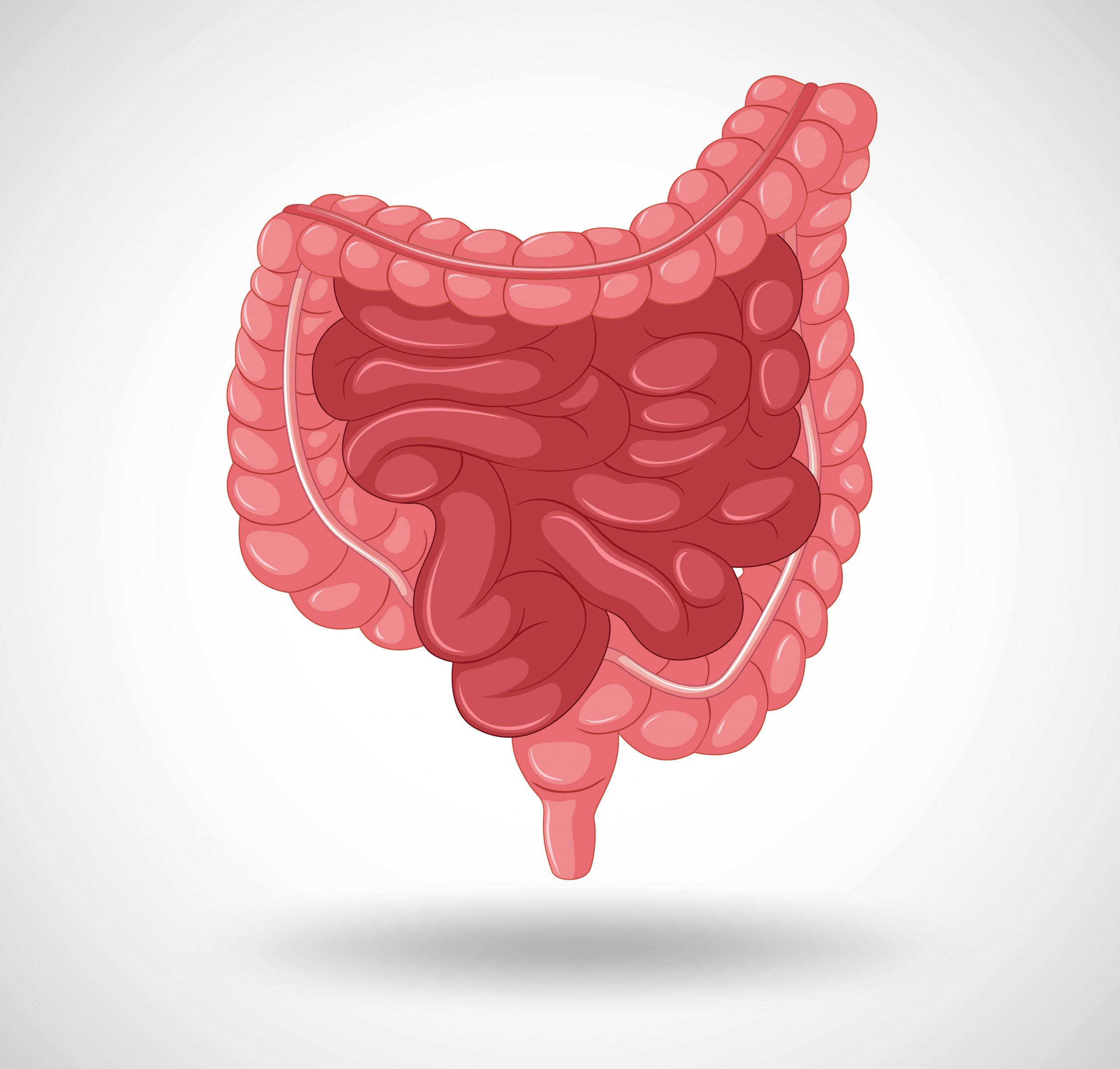

Researchers at the University of Texas Southwestern Medical Center have uncovered an internal mechanism that changes protective intestinal cells into disease-causing pathogenic cells, which could lead to better treatments for individuals with inflammatory bowel disease (IBD).
The study, published in Nature Communications, identified a mechanism by which healthy cells in the gut, known as Th17 cells, are compromised in IBD patients, resulting in inflammation that causes abdominal pain, bloating, and other symptoms, as well as potentially serious long-term complications.
“Th17 cells are essential for maintaining the integrity of the intestinal barrier and protecting against bacteria and viruses. But in patients with IBD, they become pathogenic, creating the inflammation that underlies the disease,” said study leader Venuprasad Poojary, Ph.D., Associate Professor of Internal Medicine and Immunology in the Division of Digestive and Liver Diseases. “Through our research, we now have a better understanding of the intracellular process that converts protective Th17 cells into disease-generating, pathogenic, inflammatory Th17 cells.”
The researchers discovered that when inflammatory bowel disease progresses, a lipid-interacting protein called Raftlin1 interacts to RORt, a transcription regulator in Th17 cells. Raftlin1 draws phospholipids in the body to combine with the RORt, eventually causing Th17 cells to become pathogenic.
Dr. Poojary and his lab have previously undertaken cellular studies relating to IBD.
“Identifying the role of Raftlin1 in facilitating the binding of phospholipids to RORγt is a major step forward in our understanding of the diverse and opposing functions of Th17 cells,” Dr. Poojary said. “It’s an important finding because Th17-targeting therapies have shown promising results with some autoimmune diseases. There is a great need for new pharmaceuticals that can effectively treat IBD, since about a third of patients with the disease don’t respond to existing treatments.”
IBD affects around 3 million Americans, with Crohn’s disease and ulcerative colitis being the most common. Although the condition is similar to irritable bowel syndrome (IBS), IBD patients’ symptoms are caused by inflammation in the GI tract, which is confirmed via a colonoscopy. This inflammation can permanently damage the intestines, cause significant difficulties throughout the body, and increase the chance of colon cancer in patients.
“These findings could serve as a platform for therapeutic strategies to control Th17-mediated inflammation in IBD and other diseases,” Dr. Poojary said.
more recommended stories
 High-Fat Diets Cause Damage to Metabolic Health
High-Fat Diets Cause Damage to Metabolic HealthKey Points Takeaways High-fat and ketogenic.
 Acute Ischemic Stroke: New Evidence for Neuroprotection
Acute Ischemic Stroke: New Evidence for NeuroprotectionKey Highlights A Phase III clinical.
 Statins Rarely Cause Side Effects, Large Trials Show
Statins Rarely Cause Side Effects, Large Trials ShowKey Points at a Glance Large.
 Anxiety Reduction and Emotional Support on Social Media
Anxiety Reduction and Emotional Support on Social MediaKey Summary Anxiety commonly begins in.
 Liquid Biopsy Measures Epigenetic Instability in Cancer
Liquid Biopsy Measures Epigenetic Instability in CancerKey Takeaways Johns Hopkins researchers developed.
 Human Antibody Drug Response Prediction Gets an Upgrade
Human Antibody Drug Response Prediction Gets an UpgradeKey Takeaways A new humanized antibody.
 Pancreatic Cancer Research: Triple-Drug Therapy Success
Pancreatic Cancer Research: Triple-Drug Therapy SuccessKey Summary Spanish researchers report complete.
 Immune Cell Epigenome Links Genetics and Life Experience
Immune Cell Epigenome Links Genetics and Life ExperienceKey Takeaway Summary Immune cell responses.
 Dietary Melatonin Linked to Depression Risk: New Study
Dietary Melatonin Linked to Depression Risk: New StudyKey Summary Cross-sectional analysis of 8,320.
 Chronic Pain Linked to CGIC Brain Circuit, Study Finds
Chronic Pain Linked to CGIC Brain Circuit, Study FindsKey Takeaways University of Colorado Boulder.

Leave a Comment